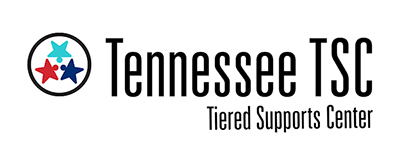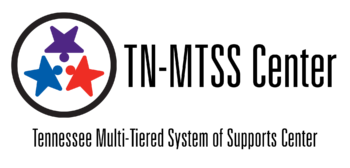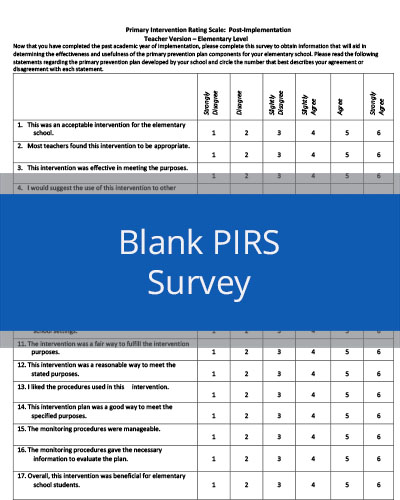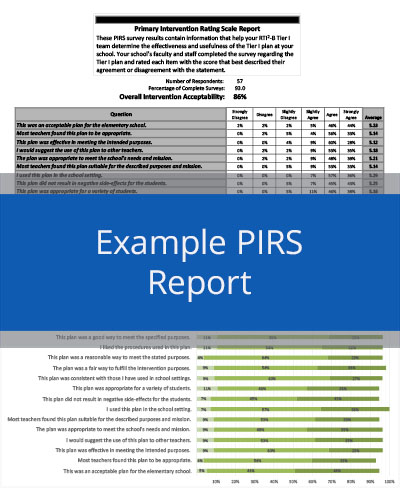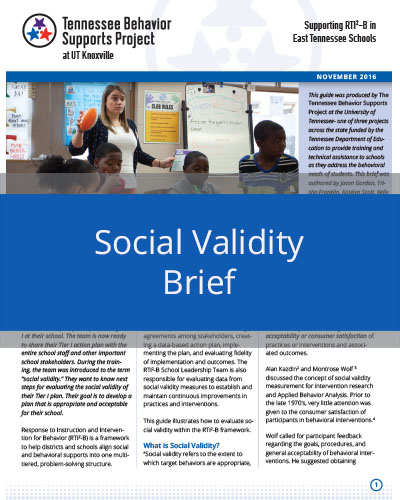If schools are currently implementing a mentoring program, it is going to look different as a result of COVID-19. Interactions and weekly check-ins between mentors and students will likely take place through video chats or phone calls instead of in-person meetings. Text-based communication provides supplementary ways for mentors to reach out, to support, and to strengthen their bonds with their mentees. Some examples are sending emails, using social media, and sending text messages. Text-based communication allows mentors to quickly communicate with the students in a culturally appropriate way. Mentors could use these methods of communication to send emojis, gifs, memes or other humorous attachments to brighten a student’s day and to let the student know someone is there for them. A small gesture can go a long way for a student who is having a tough time.
There are important strategies to consider when using text-based communication. First, mentors should avoid using closed-ended questions. This may prevent the students from being engaged in the conversation. Second, mentors should share appropriate and relevant information about themselves. They could share how the pandemic is impacting them and what they are doing to adjust to the changes. Third, mentors should not use sarcasm or irony through text-based communication because it can be easily misinterpreted. If there is a misunderstanding, the mentor should address it and provide clarity for the student.
The National Mentoring Resource Center created the visual below related to other ways that mentors can still deliver a meaningful experience for students during the pandemic.

If your school is interested in implementing a mentoring program, then here are some steps to consider:
- Recruiting: identify which students would most benefit from mentoring and which educators or community volunteers are a good fit to be mentors.
- Screening: interview prospective mentors to ensure they understand their responsibilities and will be committed to the program.
- Training: teach the mentor strategies to create meaningful relationships with their mentees and to provide an effective intervention.
- Matching: place mentors and mentees together based on their compatibility to set up a successful match.
- Monitoring: check-in with mentors and mentees and provide additional supports if needed.
Source: The National Mentoring Resource Center
